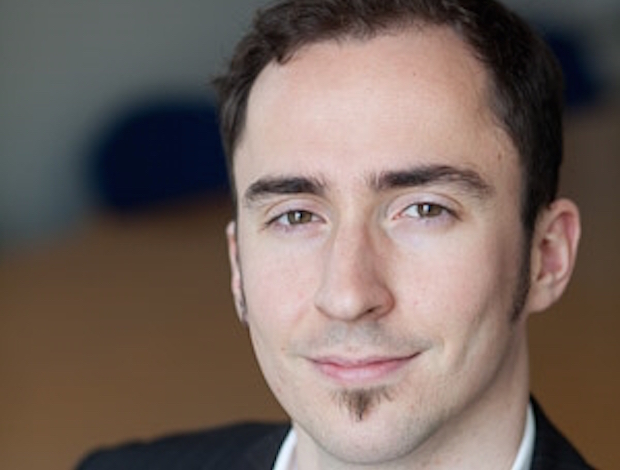
Most people think presenteeism means being at your desk from dawn until dusk, or coming into work when you are ill; however, so-called digital presenteeism has become a prevalent threat to productivity and wellbeing. The rise of smartphones has created an always-on culture in which it is hard to escape out-of-hours work emails.
Mobile technology can empower employees and help organisations become more agile, but on the other hand, managers feel they need to be glued to their phones at all hours of the day. It is hard to switch off: 61% of managers say that technology has made it difficult to disconnect from work and more than half (54%) check their emails frequently when away from the office, according to the Chartered Management Institute’s 2016 Quality of working life survey, published in January 2016. Furthermore, 39% of managers agree that their employer should restrict out-of-hours email access, which would release the pressure to check emails at all times. Of the 1,574 managers who were surveyed, 77% admit to working an additional hour each day electronically, which equates to 29 more working days over the course of a year. This effectively cancels out the average annual leave allowance.
Just because staff can always be online and contactable, it does not mean they should be. Those who struggle to switch off report lower personal productivity and job satisfaction, as well as experiencing greater stress levels. Managers agree that a combination of their increasing workloads and longer working hours have a negative impact on their health. Insomnia, muscular aches, headaches and constant irritability topped the list of health complaints linked to presenteeism.
Striking a good work-life balance is essential for improving productivity, but this will be impossible to achieve if managers do not set a good example. Tackling the counter-productive culture of digital presenteeism starts with leaders and managers learning when to switch off.
Patrick Woodman is head of research and advocacy at the Chartered Management Institute (CMI)